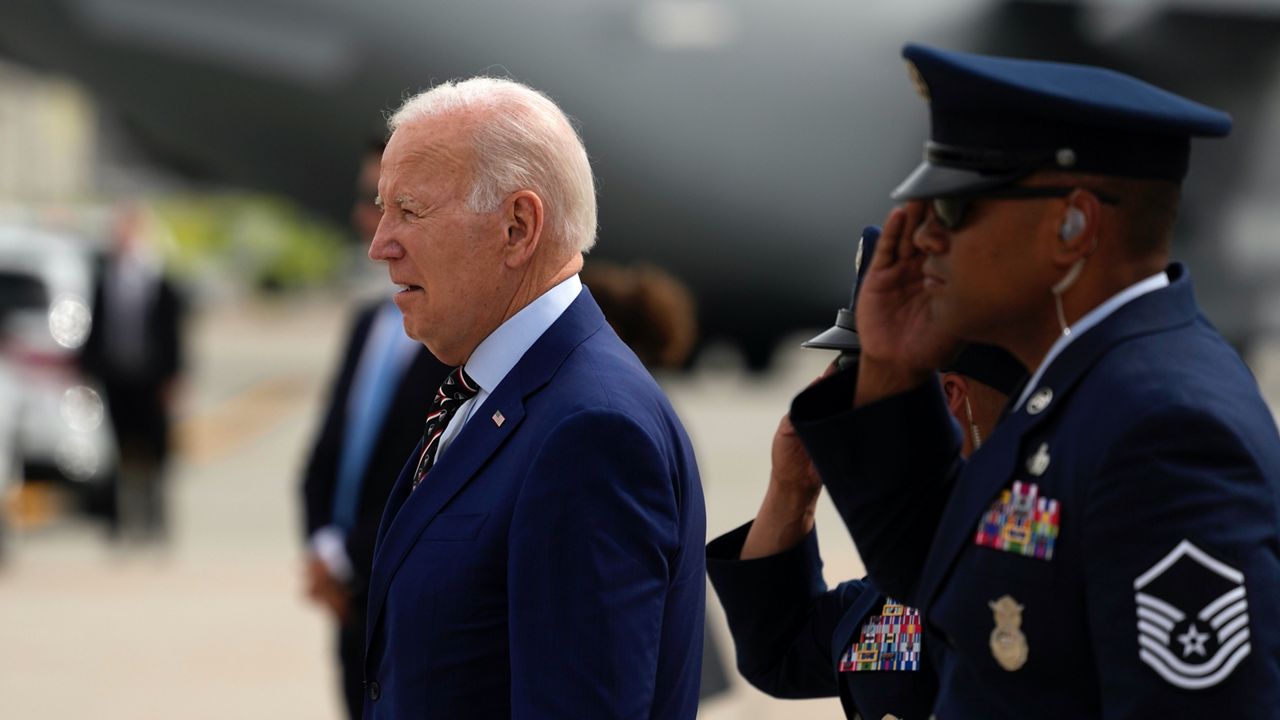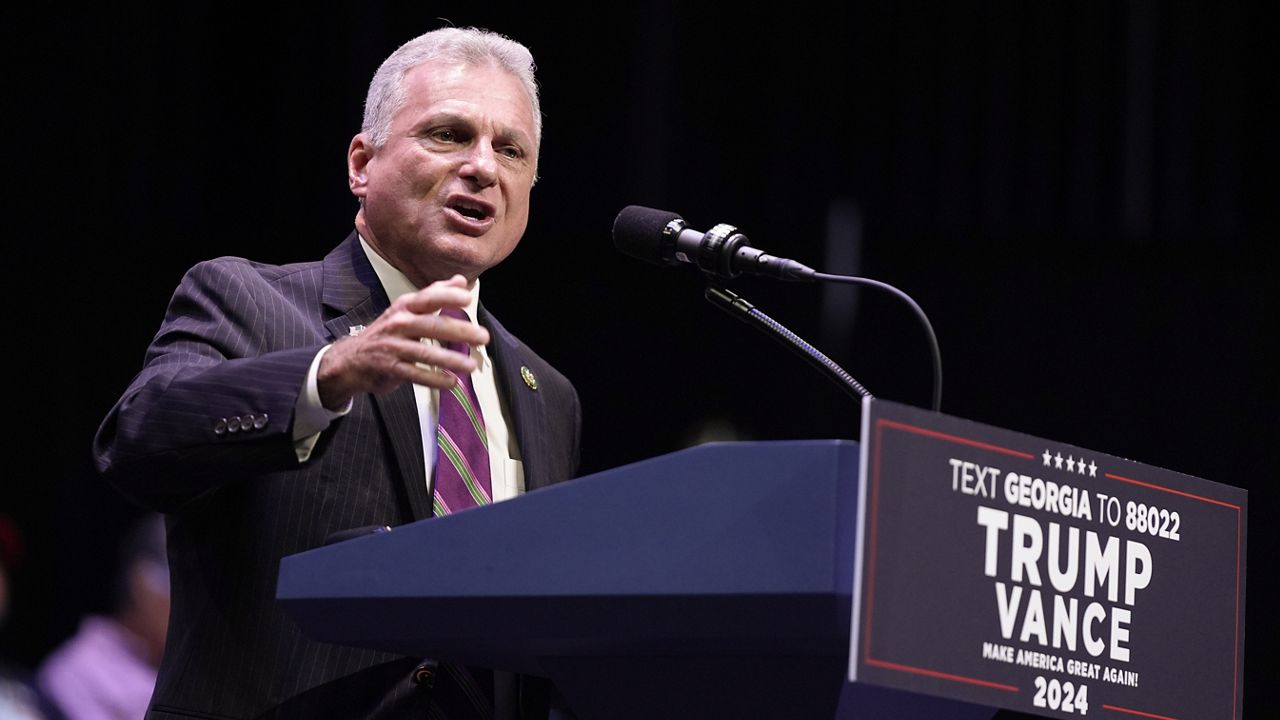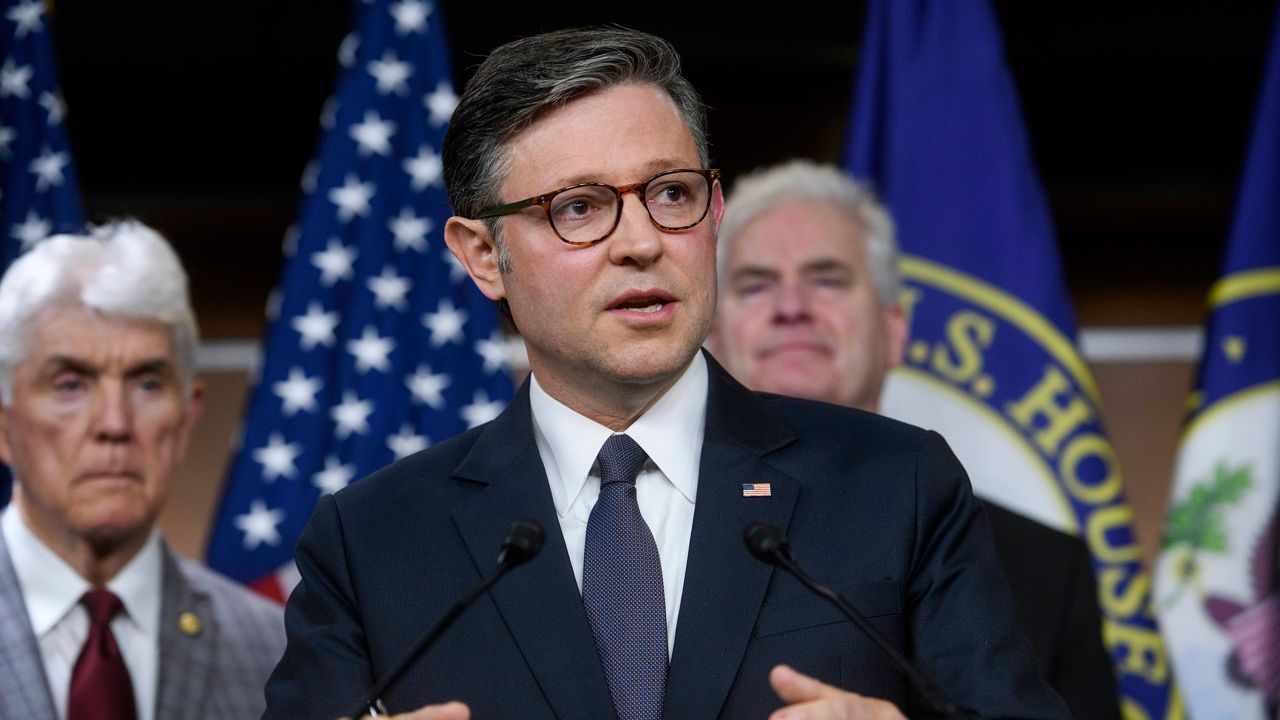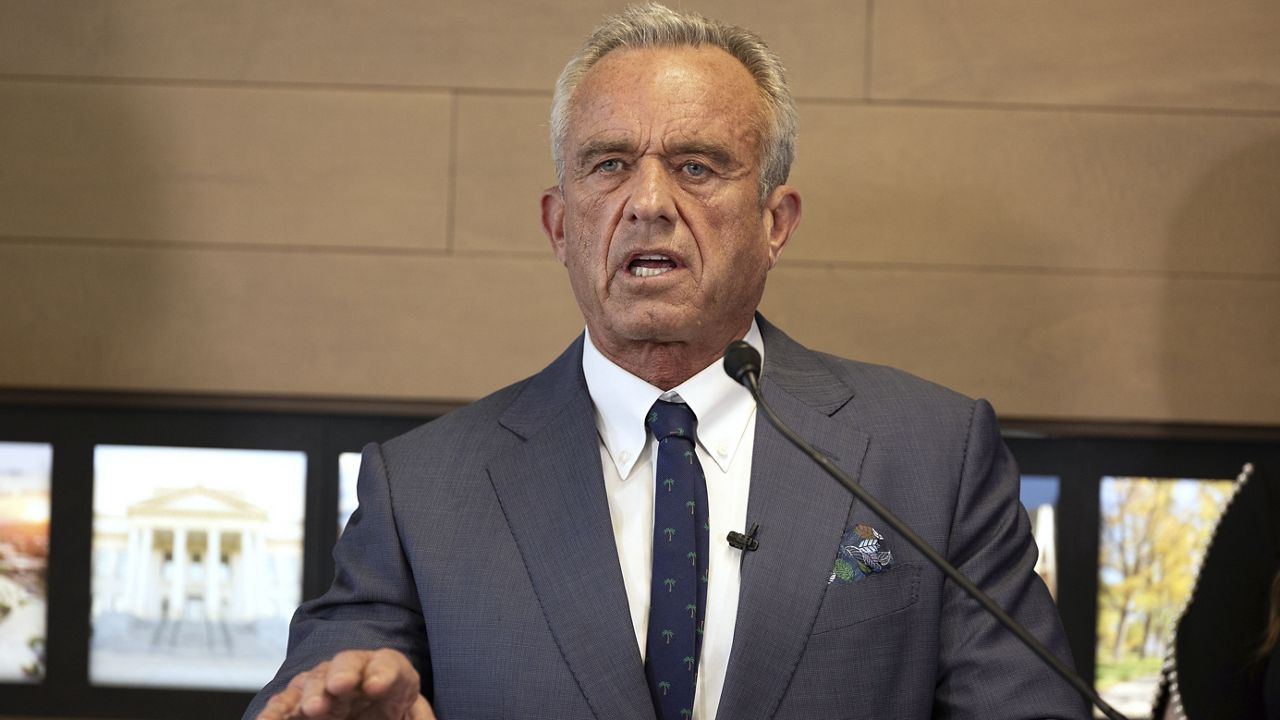President Joe Biden offered some of his sharpest words toward China last week when he called its economy a “ticking time-bomb” at a fundraising event in Utah – warning donors in attendance of the country’s troubling economic trends.
“They got some problems. That's not good because when bad folks have problems, they do bad things,” Biden said at the reception.
In the past, the president has appeared to speak more freely at such events – where media access is limited and he leaves behind the swath of cameras that typically follow him to any public event. That was displayed in June when Biden called Chinese President Xi Jinping a “dictator,” at a different fundraising event in California – a move that sparked immediate rebuke from Beijing.
But a week since Biden’s most recent comment, what is making the most waves is less so the “ticking time-bomb” assertion and more so the numbers the president cited when talking about the state of China’s economy.
Biden said China was growing at 8% a year and now that growth is “closer to 2% a year.”
According to data from China's National Bureau of Statistics released in April and July, the economy grew by 4.5% year-on-year in the first quarter and 6.3% in the second.
This led to several questions this week about where Biden got the numbers he cited – with reporters pressing the White House for an answer on whether the president simply misspoke or if the U.S. has its own data on the state of the Chinese economy.
“I think I'm going to let the President's words speak for themselves,” White House Principal Deputy Press Secretary Olivia Dalton told reporters in a briefing on Tuesday when asked to clarify the numbers.
On Wednesday, White House Press Secretary Karine Jean-Pierre was asked directly if the U.S. has independent data on China’s economic growth.
“I don't have any new internal data or analysis to discuss or to share at this time,” she told reporters. “As we've said many times before, there have also been transparency issues, as we know, when it comes to – when it comes to the PRC and on the economic data, specifically. And so, I will leave it at that.”
It raises questions around whether the U.S. could have its own data, the state of China’s economy and what it means for the U.S.
“Even Chinese economists don't trust Chinese data and even national leaders don't trust the information they get from local leaders,” Bruce Dickson, a professor of political science and international affairs at George Washington University who focuses on political dynamics in China, said when asked about the accuracy of data put out by government leaders in the country.
“In general, the economic data from China is – you have to take it with a grain of salt, because it's often used for propaganda purposes, as much as it is for reliable analysis,” he said.
On growth in particular, he added, “there’s different ways of spinning it to get a number that you want to get,” depending on, for instance, if you are comparing figures from the previous year or previous quarter.
When you look at the quarter-on-quarter numbers China reported for the second quarter, economic growth grew to 0.8% in the three months ending in June compared with the previous month. That is down from 2.2% in January-March and equivalent to a 3.2% annual rate, which would be among China’s weakest in decades.
Both Dickson and other experts point out China does currently have serious economic woes.
Data released this week on retail sales, industrial output and investment for the month of July did not meet expectations.
A survey in June found unemployment among urban workers aged 16 to 24 spiked to a record 21.3%. The statistics bureau said this week it would withhold updates while it refined its measurement.
“It's clearly worrisome to both China’s leaders and other people whose economies are affected by China's economy,” Professor Dickson said.
And when it comes to the U.S. and Chinese economies, he said, they are “so closely integrated, that it's a cause of concern for leaders in both countries.”
“Neither country wants to be dependent on the other and yet we are,” he said.
China, he said, is dependent on the U.S. for advanced technology while the U.S. is dependent on China for consumer goods.
United States Census Bureau data shows China is America’s third largest trading partner.
As Biden continues to make investmenting in clean energy a key part of his agenda – the sprawling bill he celebrated the one-year anniversary of on Wednesday is often referred to as the largest investment in clean energy – Dickson said some of the technology important for that is coming from China.
“So both leaders in both countries are worried about how interdependent we are, but don't really have an immediate solution for it either,” he said.
Recently, U.S. officials have emphasized they are seeking to “de-risk” from the Chinese economy, not “decouple.”
“They're trying to distinguish between basic consumer goods and things that have more of a national security implication,” Dickson said.








